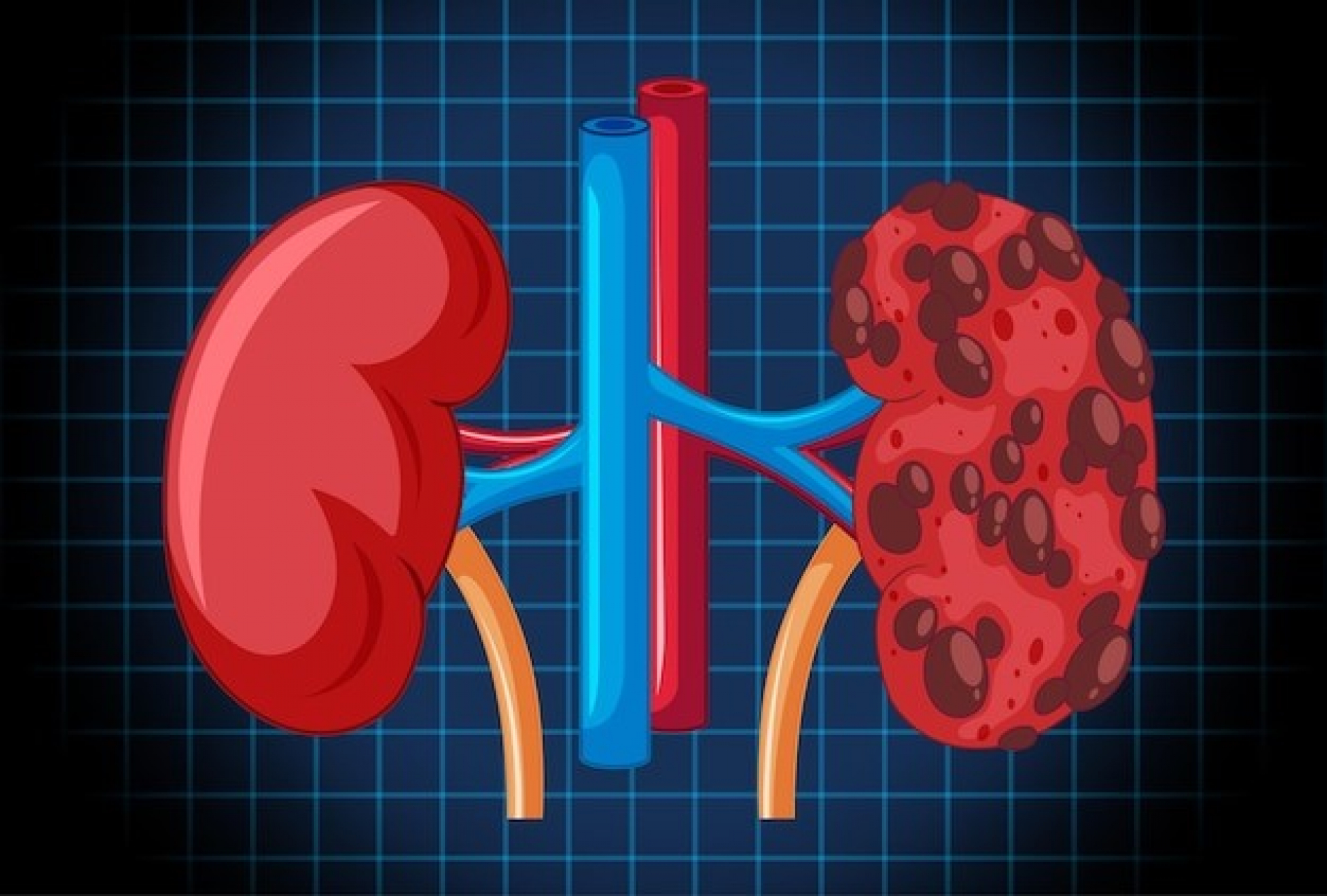Kidney disease is a silent epidemic that affects millions worldwide. Early detection is crucial, as it can significantly alter the course of the disease and improve patient outcomes. With effective kidney disease diagnosis, healthcare providers can identify kidney problems before they escalate, leading to timely interventions that may save lives.
Understanding Kidney Disease
The kidneys play a vital role in maintaining the body's overall health by filtering waste products from the blood, regulating blood pressure, balancing electrolytes, and producing hormones that are essential for red blood cell production. When the kidneys are compromised, these functions can be severely affected, leading to a host of complications.
Kidney disease can manifest in several forms, including:
Chronic Kidney Disease (CKD): A progressive condition characterized by a gradual loss of kidney function over time, often due to diabetes or hypertension.
IgA Nephropathy: A specific type of kidney disease caused by the accumulation of the IgA antibody in the kidneys, leading to inflammation and damage.
Polycystic Kidney Disease (PKD): A genetic disorder characterized by the development of fluid-filled cysts in the kidneys, which can impair function over time.
Early kidney disease diagnosis is vital to managing these conditions effectively and preventing progression to end-stage renal disease (ESRD) or kidney failure.
Why Early Diagnosis of Kidney Diseases is Important?
Early detection of kidney disease allows for timely intervention, which can include lifestyle modifications, medication, or other therapies aimed at slowing disease progression. Unfortunately, many individuals remain unaware of their kidney issues until significant damage has occurred. This lack of awareness often stems from the absence of early symptoms, which can include fatigue, changes in urine output, and swelling in the legs or ankles.
Following are the benefits of early diagnosis of kidney diseases:
- Prevention of Complications: Early detection can prevent serious complications associated with kidney disease, such as cardiovascular issues, high blood pressure, and anemia.
- Improved Treatment Outcomes: Timely diagnosis allows healthcare providers to tailor treatment plans effectively, enhancing patient outcomes and quality of life.
- Increased Awareness: An early diagnosis can encourage patients to adopt healthier lifestyle choices, such as dietary changes and increased physical activity, ultimately benefiting their overall health.
- Reduced Healthcare Costs: Early intervention can mitigate the need for costly treatments associated with advanced kidney disease, such as dialysis or transplantation.
What are Some Key Kidney Diagnostic Tests?
Several diagnostic tests are used to identify kidney disease, each serving a specific purpose in evaluating kidney function. The following are common kidney diagnostic tests that can aid in the kidney disease diagnosis process:
- Blood Tests- Blood tests are fundamental in evaluating kidney function. Two primary markers are typically assessed:
- Serum Creatinine: An increase in serum creatinine levels indicates impaired kidney function, as the kidneys are less able to filter out waste.
-
- Urinalysis- Urinalysis is a critical diagnostic tool that evaluates the composition of urine. This test can detect:
- Proteinuria: The presence of excess protein in the urine is often a sign of kidney damage.
- Hematuria: Blood in the urine can indicate various kidney issues, including infections, stones, or tumors.
- Glucosuria: The presence of glucose in the urine may suggest diabetes, a common cause of kidney disease.
- Imaging Studies- Imaging studies, such as ultrasound, CT scans, or MRI, can visualize the kidneys' structure, identifying abnormalities such as cysts, tumors, or obstructions that may affect function.
- Kidney Biopsy- A kidney biopsy involves removing a small tissue sample from the kidney for microscopic examination. This procedure is often used for more definitive diagnoses, particularly for conditions like IgA nephropathy, where the specific cause of kidney damage needs to be identified.
Specific Diagnoses in Kidney Disease
IgA Nephropathy Diagnosis
Diagnosing IgA nephropathy typically involves a combination of blood tests, urinalysis, and kidney biopsy. Early identification is crucial, as this condition can lead to chronic kidney disease over time. Immunosuppressive medications may be recommended to reduce inflammation and protect kidney function.
Chronic Kidney Disease Diagnosis
Chronic kidney disease diagnosis often involves assessing estimated glomerular filtration rate (eGFR) using blood creatinine levels, along with a thorough history and physical examination. Regular monitoring is essential to track progression, and lifestyle changes may be implemented to manage risk factors effectively.
Polycystic Kidney Disease Diagnosis
Polycystic kidney disease diagnosis typically involves imaging studies, such as ultrasounds or MRIs, to identify the presence of cysts in the kidneys. Genetic testing may also be utilized for familial cases. Management focuses on controlling symptoms and monitoring kidney function, with the possibility of interventions if significant complications arise.
What Can be The Consequences of Delayed Diagnosis?
Delaying kidney disease diagnosis can have severe implications for patient health. As the kidneys continue to deteriorate, patients may experience:
- Kidney Failure: Advanced kidney disease can lead to end-stage renal disease, necessitating dialysis or transplantation.
- Cardiovascular Complication: Kidney disease is closely linked to cardiovascular issues, increasing the risk of heart attack and stroke.
- Metabolic Complications: Impaired kidney function can result in electrolyte imbalances and metabolic acidosis, affecting overall health.
Early kidney disease diagnosis is a pivotal factor in improving patient outcomes and quality of life. With the use of various diagnostic tests, healthcare providers can identify kidney problems before they progress to more severe stages. Timely intervention allows for the management of symptoms, prevention of complications, and an overall better prognosis for patients. Recognizing the importance of regular kidney health check-ups and understanding the tests available can empower individuals to take proactive steps in safeguarding their kidney health.


